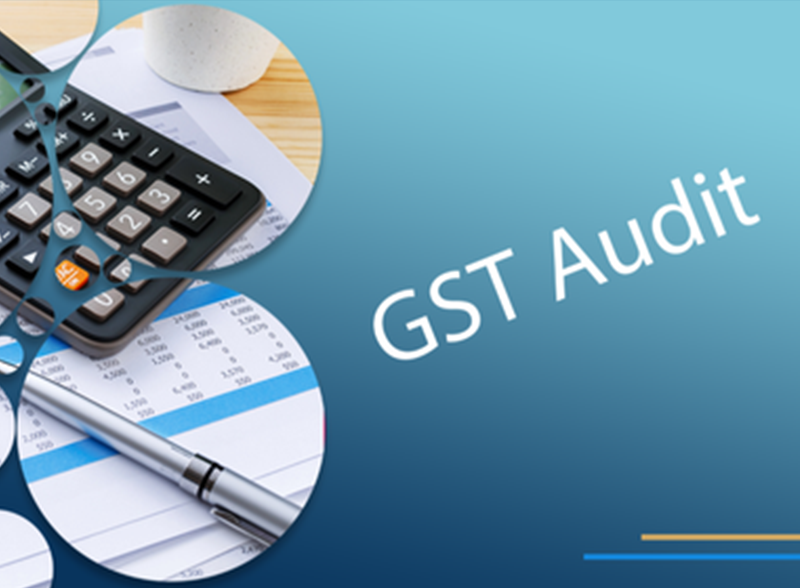
GST registration
Audit under GST involves an examination of records, returns, and other documents maintained by a GST-registered person. It also ensures the correctness of turnover declared, taxes paid, refund claimed, input tax credit availed, and assesses other such compliances under GST Act to be checked by an authorized expert.
GST is a trust-based taxation regime wherein a taxpayer is required to self-assess his tax liability, pay taxes, and file returns. Thus, to ensure that the taxpayer has correctly self-assessed his tax liability a robust audit mechanism is a must. Various measures are taken by the government for the proper implementation of GST and audit is one amongst them.
To register for GST (Goods and Services Tax) in India, you need to follow the guidelines provided by the Goods and Services Tax Network (GSTN), which is the government agency responsible for GST registration. Here’s a step-by-step overview of the GST registration process:
Determine Eligibility: Check if your business meets the criteria for GST registration. Generally, businesses with an annual turnover exceeding the threshold limit specified by the GST law must register for GST.
Prepare Documents: Gather the necessary documents required for GST registration. These may include:
PAN (Permanent Account Number) of the business entity
Proof of constitution of the business (e.g., partnership deed, incorporation certificate for companies)
Identity and address proof of promoters/partners/directors
Address proof of the principal place of business and additional places of business (if any)
Bank account details
Digital signature (for companies and LLPs)
Online Application: Visit the GST portal (https://www.gst.gov.in/) and create an account. Fill out the GST registration application form (GST REG-01) with accurate details and upload the required documents.
Verification: After submitting the application, a verification process will be initiated. This may include a physical verification of the business premises by a GST officer.
Issue of GSTIN: Upon successful verification, the GST officer will issue a GST Identification Number (GSTIN) along with a registration certificate. The GSTIN is a unique 15-digit alphanumeric code assigned to each registered taxpayer.
Start Filing Returns: Once registered, you are required to file GST returns periodically, depending on the type of business and turnover. This includes filing monthly, quarterly, or annual returns, as applicable.
Compliance: Ensure compliance with GST regulations, including collecting GST from customers, issuing tax invoices, maintaining proper records, and timely filing of GST returns.
Update Details: Any changes in business details, such as address, contact information, or business activities, must be updated on the GST portal within the specified timeframe.
It’s essential to adhere to GST regulations and fulfill your tax obligations to avoid penalties or legal consequences. If you’re unsure about any aspect of the GST registration process, consider seeking assistance from tax professionals or GST consultants. They can provide guidance and ensure smooth compliance with GST laws.
If you’re looking for assistance with GST registration for your business, hire a GST registration consultant in Delhi, India. Reputable GST consultants in your area.


